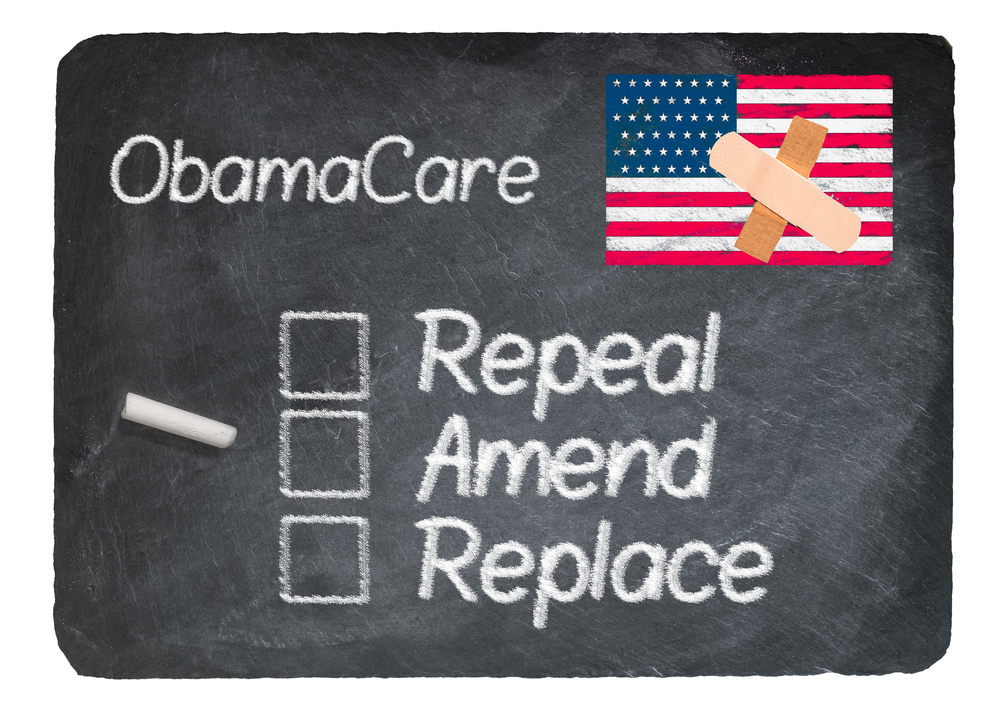People with Chronic Diseases Support Obamacare More Than General Public, Survey Finds
Written by |

People with multiple sclerosis (MS) and other chronic diseases value the Affordable Care Act (ACA, also known as Obamacare) more than the general public, concludes a poll conducted by PatientsLikeMe.
These patients are also less inclined to repeal Obamacare, and they are more likely to believe Obamacare needs few changes to be improved, such as lowering healthcare costs or expanding coverage for pre-existing conditions.
“Regardless of your political leaning, the great equalizer is that we’ll all become sick one day,” Sally Okun, vice president of advocacy, policy and patient safety at PatientsLikeMe, said in a news release. “At this time of uncertainty about the future of healthcare, listening to the voice of patients today will illuminate the path forward for all of us.”
PatientsLikeMe surveyed 2,197 people ranging in age from 18 to 89 between Jan. 23 and Jan. 27. The 19-question poll covered healthcare law priorities and possible changes to the ACA as considered from the patients’ perspective. Respondents represented a variety of chronic conditions, including MS, fibromyalgia, Parkinson’s disease, major depressive disorder, ALS, type 2 diabetes, and multiple myeloma. Pollsters then compared their responses to those obtained in a Kaiser Health Tracking poll from late 2016, which evaluated the responses of healthy individuals from the general population.
The comparison suggested that the estimated 133 million Americans with chronic diseases worry about healthcare costs as much as everyone else, but they see benefits in Obamacare that healthy people seem to undervalue.
According to the poll’s results:
- 57 percent of respondents think Obamacare has helped people with chronic diseases.
- 46 percent said Obamacare may be improved with only minor changes.
- 47 percent said that, over the last year, their healthcare expenses remained the same, whereas 43 percent said it increased.
- 94 percent of patients and 93 percent of the general population would make lowering healthcare costs a priority. Lowering prescription costs was also a priority for 96 percent of patients and 89 percent of healthy respondents.
- 46 percent of patients said that repealing Obamacare “should not be done,” compared to 31 percent of the general population.
- Patients were four times more likely to choose eliminating the individual mandate compared to other components of Obamacare (when asked which one component of the ACA they would eliminate, if need be).
- Patients were six times more likely to choose keeping mandatory coverage for pre-existing conditions compared to other components of Obamacare (when asked which one component of the ACA they would keep, if they had to choose one);
- The greatest differences in opinion were seen among the general public, non-condition specific patients, and patients with major depressive disorder (MDD).
In total, 59 percent of MDD patients said the healthcare law should not be repealed, compared to 45 percent in the PatientsLikeMe poll, and 31 percent of the Kaiser general population.
MDD patients may have a stronger opinion since the approval of a 2008 law that guarantees equal treatment coverage for mental illness and addiction. Before Congress passed the Paul Wellstone and Pete Domenici Mental Health Parity and Addiction Equity Act, mental health treatment was typically covered at far lower levels in health insurance policies than physical illness.
Of note, 95 percent of PatientsLikeMe respondents are registered voters, including Democrats (37%), Republicans (19%), independents (15%) and Libertarians (4%). Another 13 percent declined to list any party affiliation, and 11 percent are unaffiliated.


